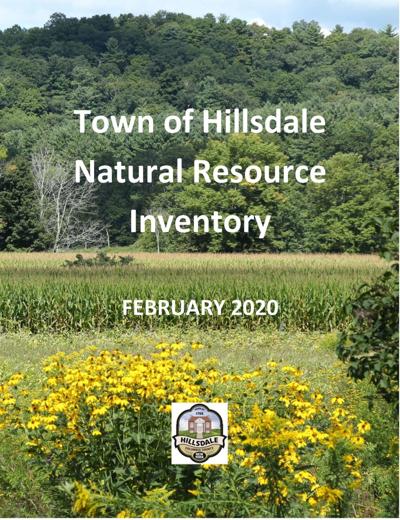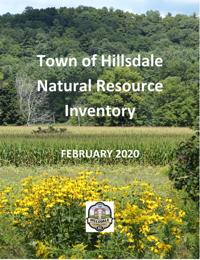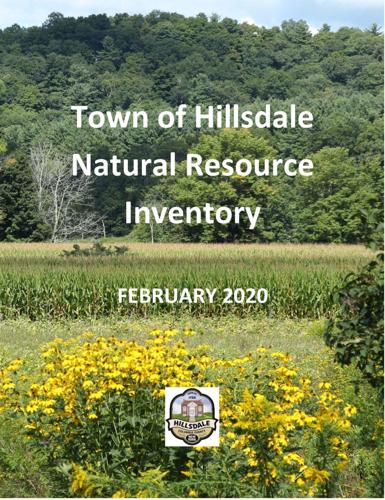HILLSDALE — A Cornell University class may work with the town of Hillsdale to create a development plan for open space in the town.
Ingrid Haeckel of Hudson River Estuary Watershed presented the idea to the board Tuesday night.
George Frantz, a professor of city and regional planning, teaches an open space planning studio class at the university with undergraduate and graduate students.
A team of seven to nine students would be assigned to Hillsdale to work with a committee of volunteer Hillsdale representatives.
Open spaces include various types of undeveloped areas, Haeckel said. Land that is not intensely developed for residential, commercial, industrial or institutional use including farmland, forests and woodlands, wetlands, stream corridors, significant habitats, parks, recreation areas, trails and historic properties are considered open space, according to her presentation.
An open space plan includes a data inventory, community values, priorities and conservation strategies such as easements and acquisition, a land-use policy, management and funding sources.
The process can help identify areas worth conserving or managing, Haeckel said.
The Hillsdale natural resource inventory, published in February 2020, can help identify the open space areas that may be most important to the town, Hillsdale Conservation Advisory Committee member Gretchen Stevens said.
The plan would incorporate public outreach and input, an open space vision, an analysis of existing plans and land-use tools and goals and recommendations. A draft plan would be ready by December and a final plan would be ready by spring 2022. The class takes place in the fall and Frantz would help finalize the plan in the spring.
The town would not be compelled to take action on the plan, Haeckel said.
“Doing this plan would create no obligation to the town in terms of creating any regulation or anything like that,” Haeckel said. “The plan would really be driven by the town and your desires so the students would be there to work with you.”
The students would work with the town remotely and visit Hillsdale once or twice for public engagement, she said.
Participating in the program would not cost the town money, Haeckel said. “If the town is interested in participating in the program that would be at no cost to the town,” she said. “Our program supports the minor costs associated with the studio class. It’s really a learning opportunity for the students.” The Hillsdale Conservation Advisory Committee expressed interest in leading the open space committee and it would be ideal to have town board and planning board representatives on the committee as well, Haeckel said.
Town Councilwoman Gillian Sims asked Stevens about a plan for the conservation committee to reach other community members. Stevens has not thought about it in great detail but wants various representatives from the community, including farmers, she said.
Haeckel provided a resolution draft to Stevens, but Stevens did not provide the draft to the board. The board will review the resolution before voting at a future meeting.
Committee members would have monthly meetings in the fall and one or two meetings in the summer, Haeckel said. The volunteer committee would help put together documents for the class, review the plans, provide input and do community outreach.
The plan would not create restrictions for property owners and community members will have a large say into the plan, Stevens said.
“The students are there to help us do what we think needs to be done and we will have a great deal of say of what goes into the final plan,” she said.










